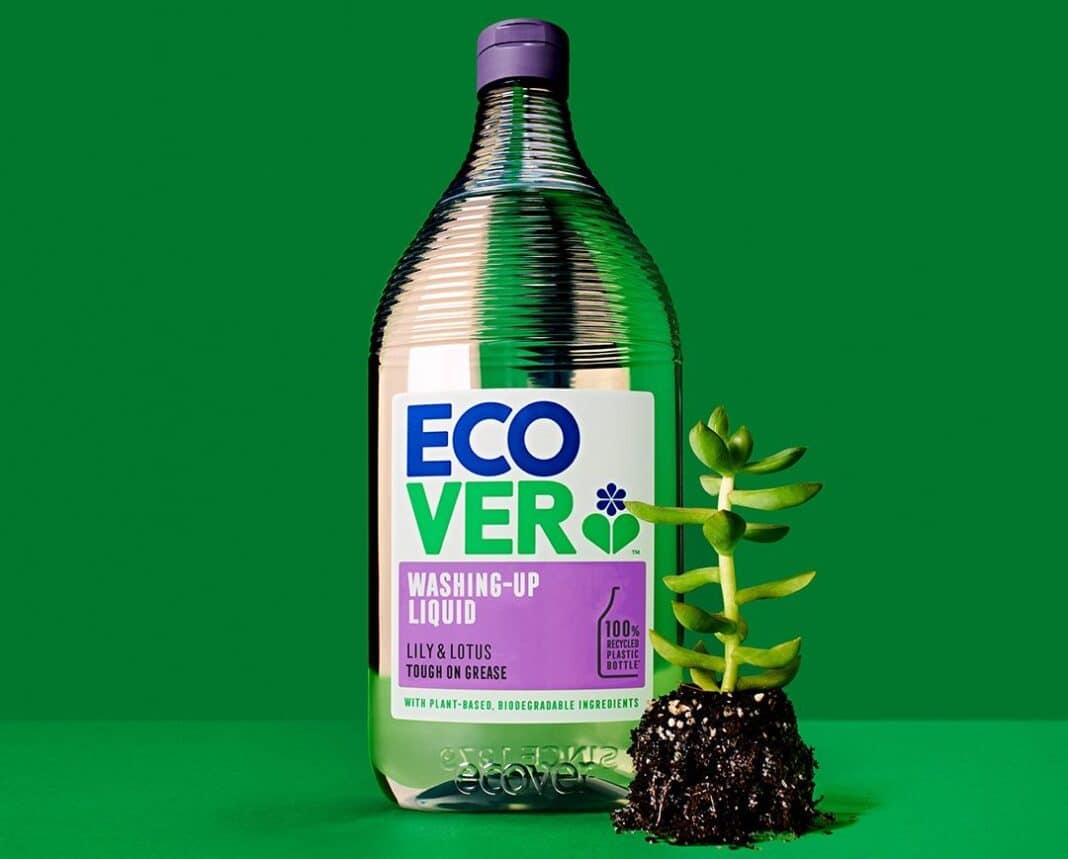New research by Impact looking at the sustainability credentials of 64 retailers and 100 FMCG brands has revealed the top five brands that are perceived by consumers as being the most sustainable.
The study of 6,000 consumers found that social responsibility, environmental friendliness, financial responsibility and ethics were the top factors influencing their perception of sustainability. The sample assessed the brands on these factors and scores were weighted according to the importance of each. The brands were then given an overall ‘sustainability score’ out of 100.
Ecover headed the top five with a sustainability score of 80.1, followed by Rude Health (72.60), Linda McCartney Foods (72.5), Method (72.1) and The Cheeky Panda (70.7).
The consumer research agency highlights that top five were specifically created with sustainable messages as their USP. “Ecover and Method, for example, were created to reduce the environmental impact of cleaning products; Rude Health and Linda McCartney make dairy-free and vegetarian alternatives, and the Cheeky Panda produces sustainable essentials such as toilet paper and wipes,” it says. “Over 75% of consumers think that each of these brands are environmentally friendly and almost 70% think that they are socially responsible.”
Driven by increasing media attention, sustainability is becoming increasingly important to consumers
It also stresses that the top five are all smaller brands, against which more established names are struggling to compete, although some are beginning to make headway in improving perceptions of sustainability. However, FMCG brands have more to do to convince consumers of their concern for the environment, says the agency.
Other findings include the fact that although consumers believe the Government is most responsible for fighting climate change, more than half also hold manufacturers responsible, with 86% saying they need to do more for the environment. A third don’t believe brands’ environmentally-friendly claims, with this rising to 42% when it comes to the soft drinks sector. 80% of consumers also want companies to be more transparent about their environmental policies and 65% want to know what they’re doing to be environmentally-friendly now, not what they plan to do.
“Driven by increasing media attention, sustainability is becoming increasingly important to consumers,” comments Tom Gould, research director at Impact. “For example, 64% say that their views of plastic packaging have been influenced by what they see in the news. Our study shows that consumers want to see brands addressing the issues they see talked about in the media. It’s more important than ever that brands are communicating environmental issues in the right way and in the right places not only to be taken seriously by consumers, but to avoid controversy.”











